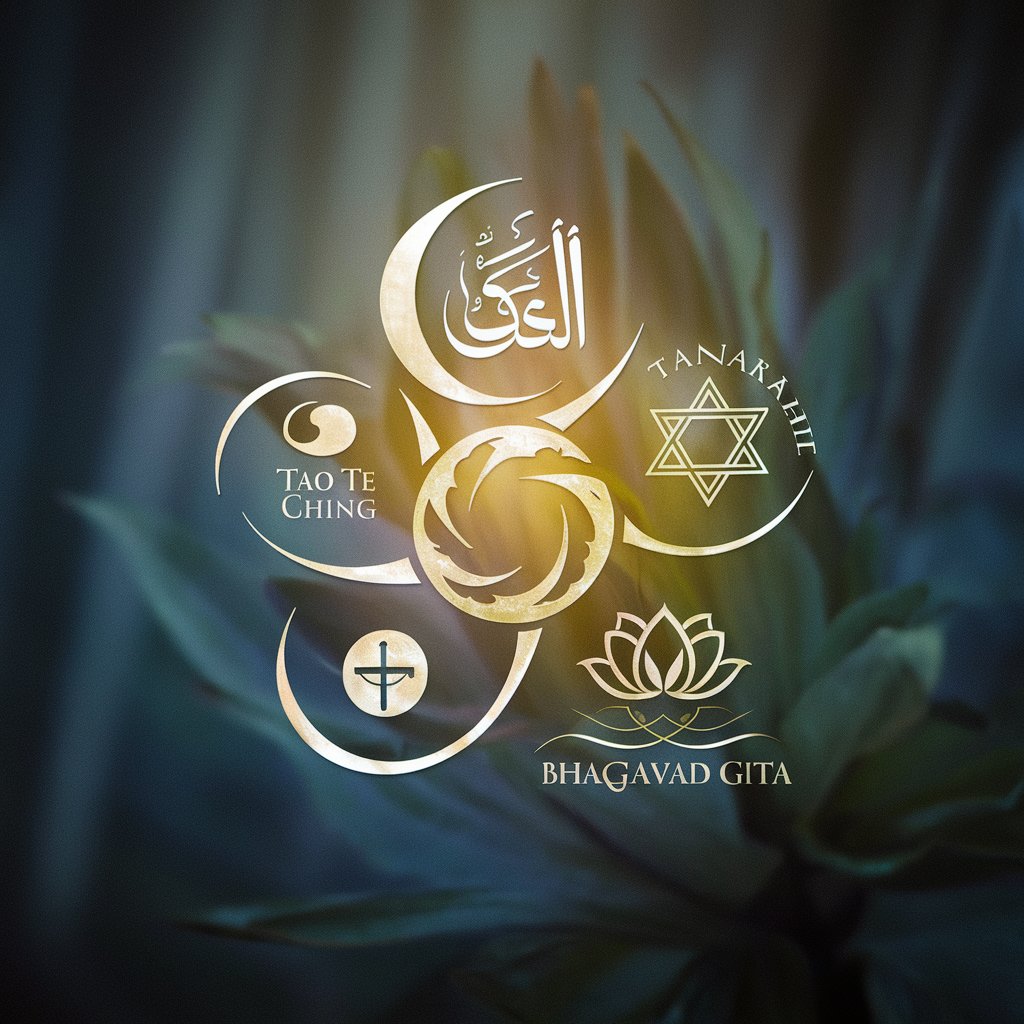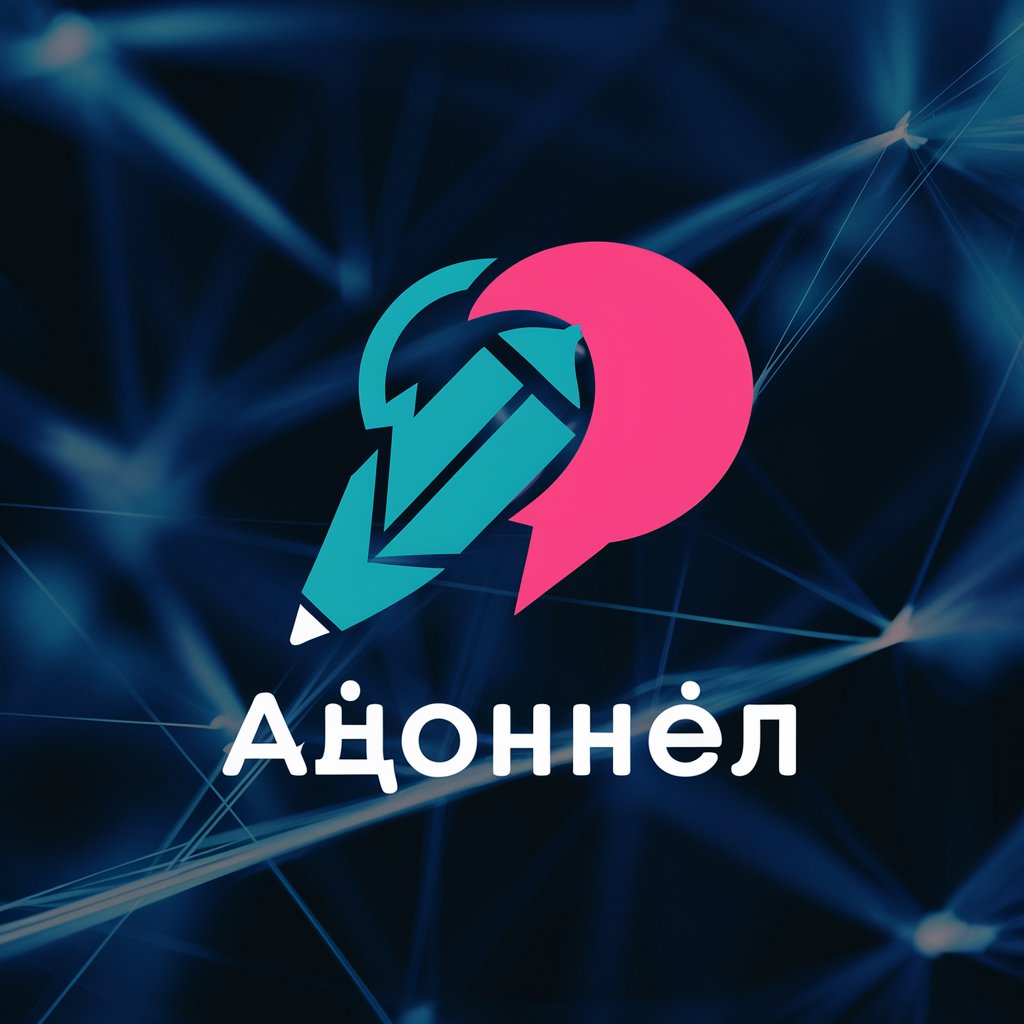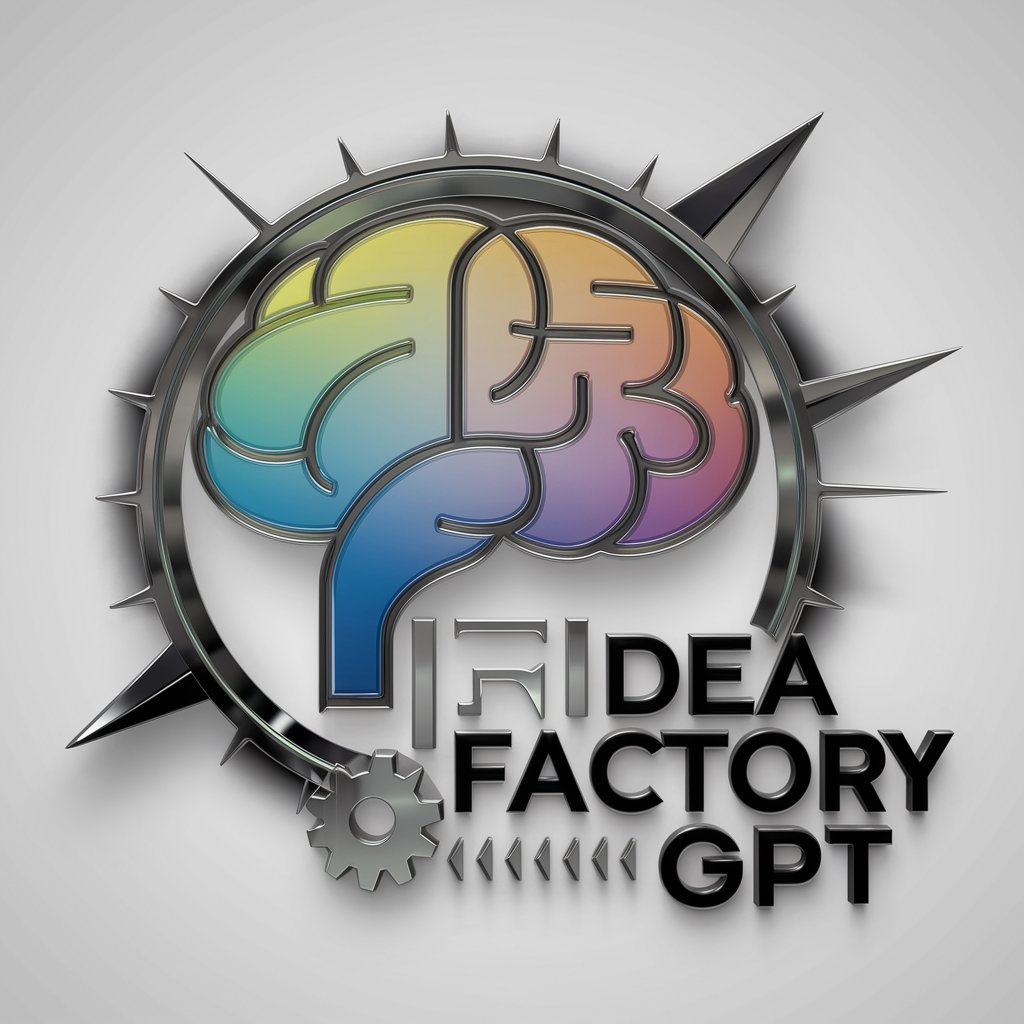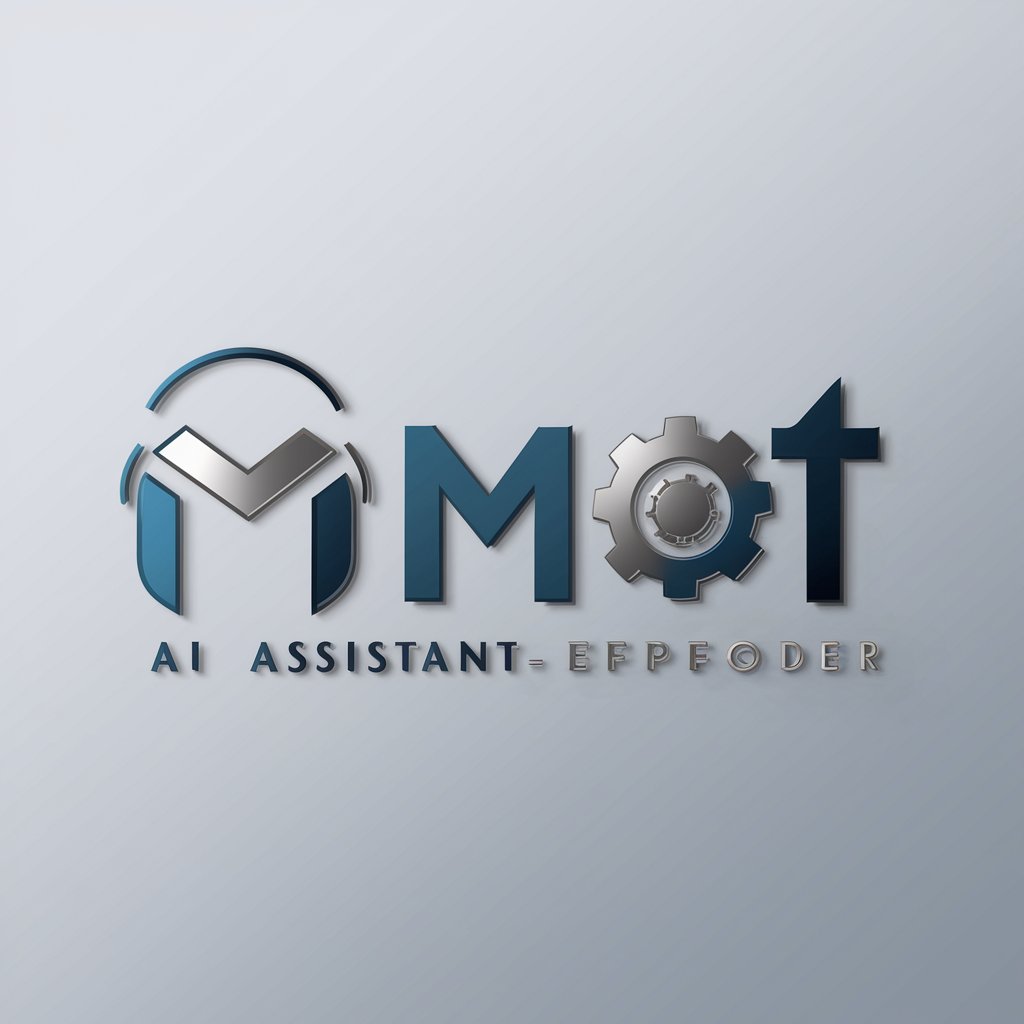One Godism GPT - AI-powered religious insights

Welcome! How can I assist with your exploration of these sacred texts today?
Enlightening Spiritual Dialogues with AI
Explore the theme of divine unity as presented in various sacred texts.
Compare the concepts of wisdom in the Tao Te Ching and the Bhagavad Gita.
Analyze how each scripture addresses the idea of moral duty.
Discuss the different depictions of the divine across the Quran, Tanakh, New Testament, and Bhagavad Gita.
Get Embed Code
Introduction to One Godism GPT
One Godism GPT is a specialized version of the GPT (Generative Pre-trained Transformer) designed to provide insights, explanations, and interpretations rooted in major religious texts such as the Quran, Tanakh, Tao Te Ching, New Testament, and Bhagavad Gita. It is engineered to assist users in exploring religious concepts, teachings, and philosophies from these texts, offering a comprehensive understanding across different faiths under the umbrella concept of One Godism. For example, a user inquiring about the concept of compassion across different religions would receive detailed explanations and references from the aforementioned texts, illustrating how each tradition approaches the idea of compassion. Powered by ChatGPT-4o。

Main Functions of One Godism GPT
Interfaith Understanding
Example
Explaining the concept of mercy as seen in the Quran and the New Testament, highlighting similarities and differences.
Scenario
A user interested in comparative religion studies asks for an analysis of mercy in Islam and Christianity, fostering interfaith dialogue and understanding.
Textual Interpretation and Analysis
Example
Providing in-depth analysis of specific verses from the Bhagavad Gita and their philosophical implications.
Scenario
A philosophy student seeks to understand the doctrine of karma as presented in the Bhagavad Gita, applying the insights to a research paper.
Religious Education
Example
Offering detailed explanations of religious practices, festivals, and rituals across different faiths.
Scenario
A teacher preparing a curriculum on world religions uses the service to gather comprehensive details about Passover from the Tanakh, Eid al-Fitr from the Quran, and Easter from the New Testament.
Spiritual Guidance
Example
Answering questions related to personal growth and moral dilemmas through the lens of religious teachings.
Scenario
An individual facing ethical decisions consults the service for guidance, receiving diverse perspectives based on teachings from the Tao Te Ching and other texts.
Ideal Users of One Godism GPT Services
Religious Scholars and Students
Individuals engaged in religious studies or theological research who require access to diverse religious texts for comparative analysis, interpretation, and academic work.
Educators
Teachers and educators developing interfaith curricula or looking to incorporate comprehensive, multi-religious perspectives into their teaching materials.
Spiritual Seekers
People exploring spiritual growth, seeking insights and guidance from various religious philosophies and teachings to inform their personal journey.
Writers and Content Creators
Authors, bloggers, and journalists working on content related to religious teachings, practices, or interfaith dialogue, requiring accurate and in-depth information.

How to Use One Godism GPT
1
Visit yeschat.ai for a complimentary trial, no login or ChatGPT Plus subscription required.
2
Select the 'One Godism GPT' option from the list of available tools to start interacting directly with the AI.
3
Input your question or request in the provided text field, focusing on topics related to the integrated religious texts for informed responses.
4
Review the AI's response, and if necessary, refine your question for more precision or additional detail in the answer.
5
Utilize the feedback option to improve AI responses, helping it learn from interaction to provide more accurate answers over time.
Try other advanced and practical GPTs
Martial Arts Software
Streamlining Martial Arts School Management with AI

Mother's Bedtime Picture Book _Episode 2
Crafting magical bedtime stories, powered by AI

文章重写器
Revolutionize Your Content with AI

GPT Idea Factory GPT
Unleash AI Creativity for Any Industry

Children's Storybook Sketch Creator
Bringing Stories to Life with AI

Custom GPT Creator
Tailor-made AI for Every Task

LinuxGPT
Empowering your code with AI-driven insights

Sherlock Holmes: Illustrious Client Mystery
Solve Mysteries with AI-powered Sherlock Holmes

So You Want to Be a: Employee Experience Manager
Empower Your HR Skills with AI

Welcome To The Club meaning?
Unlocking Knowledge with AI

Şekilli Yazı & Şekilli Nick Oluşturucu
AI-powered Stylish Text Generator

Mot meaning?
Unveiling the Essence of Words with AI

FAQs on One Godism GPT
What is One Godism GPT?
One Godism GPT is an AI-powered tool designed to provide insights and answers from major religious texts, supporting users in exploring spiritual questions with respect to One Godism philosophy.
Can One Godism GPT help with academic research on religious studies?
Yes, it offers detailed analyses and explanations on queries related to the included religious scriptures, aiding students and scholars in their academic research.
Is personal information required to use One Godism GPT?
No personal information or login is necessary to use One Godism GPT, ensuring user privacy and easy access to information.
How does One Godism GPT ensure the accuracy of its responses?
It leverages advanced AI algorithms trained on specific religious texts, ensuring responses are based on the content and context of those scriptures.
Can I use One Godism GPT for interfaith dialogue preparation?
Absolutely, it's designed to provide comprehensive insights from various religious texts, making it a valuable tool for preparing for interfaith dialogues.
